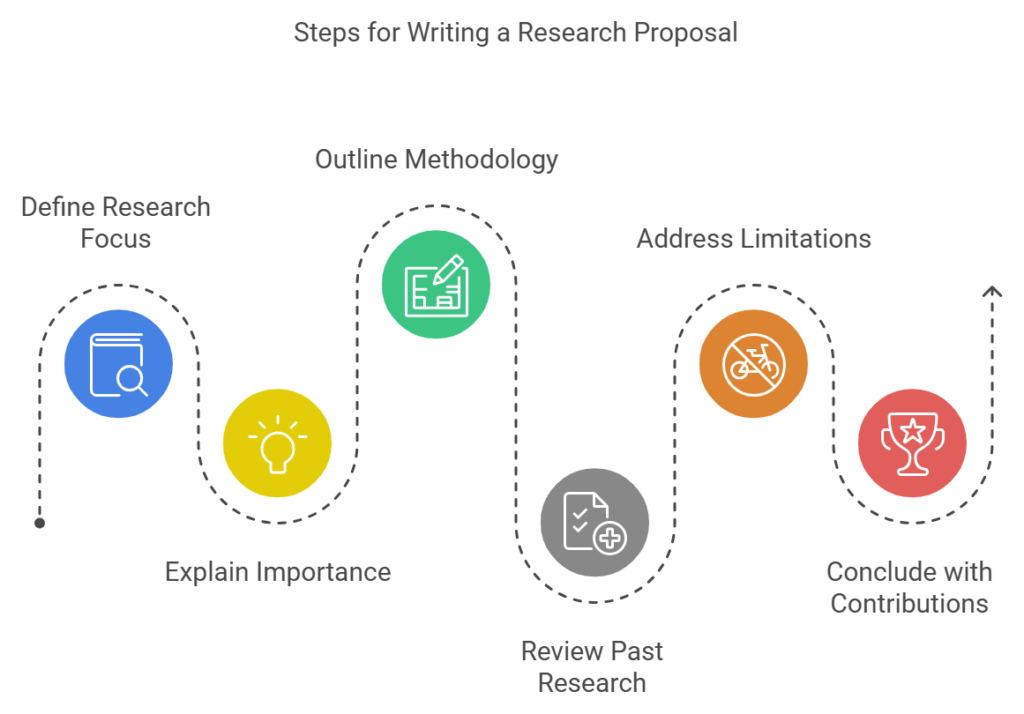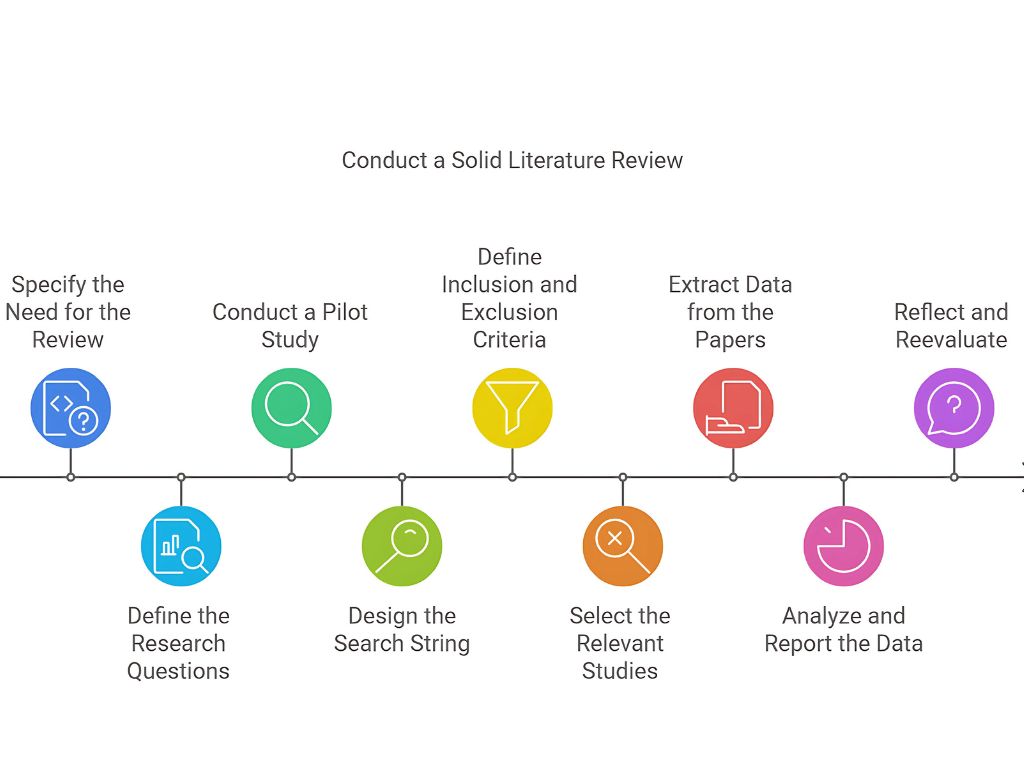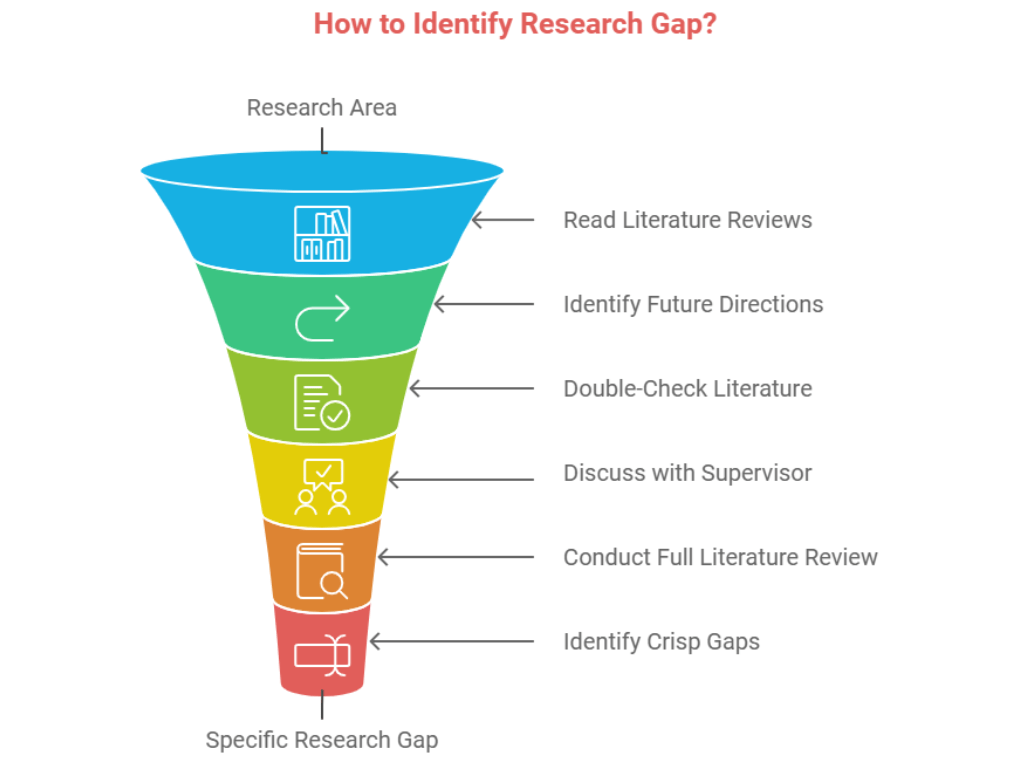
How to Write a Research Proposal?
It takes a lot of time and effort to analyze qualitative data.
You can automate it with this tool – MyRA
𝐖𝐡𝐚𝐭 𝐜𝐚𝐧 𝐲𝐨𝐮 𝐝𝐨 𝐰𝐢𝐭𝐡 𝐭𝐡𝐢𝐬 𝐭𝐨𝐨𝐥?
➟ Organize and categorize your qualitative data
➟ Identify patterns and themes in your data
➟ Code, tag, and visualize your qualitative data
We write research proposals at different stages in our educational/academic career. However, writing a research proposal certainly is one of most important and challenging steps in PhD.
In this post, I’ll help you understand the challenges and key steps in writing a research proposal. This will hopefully make this process of writing a research proposal much more manageable.
Why Should You Write a Good Research Proposal?
Before diving into how to write a research proposal, let’s talk about why it’s essential.
A well-crafted research proposal can help you:
• Secure a PhD position, as it’s often part of the application.
• Demonstrate your research capabilities to a potential supervisor.
• Achieve your first PhD milestone.
• Obtain a research internship.
• Gain clarity on your research direction and objectives.
• Deepen your understanding of the research area.
With these benefits in mind, let’s explore the key challenges in writing a research proposal.
Common Challenges in Writing a Research Proposal
Writing a research proposal can feel intimidating, especially when just beginning your PhD. Many students struggle with creating a clear, concise, and compelling proposal. Here are some common roadblocks and tips for overcoming them:
- Narrowing Down the Topic: Struggling to focus on a specific, impactful research question.
- Conducting a Thorough Literature Review: Finding and synthesizing relevant studies effectively.
- Defining a Clear Methodology: Outlining realistic and logical research methods.
- Explaining the Research Significance: Articulating why the research matters and its potential impact.
- Addressing Practical Constraints: Managing limitations like funding, time, and resource access.
- Ensuring Ethical Considerations: Navigating ethical requirements, especially for studies involving human subjects.
- Balancing Novelty and Feasibility: Proposing research that is both innovative and achievable.
- Handling Feedback and Revisions: Managing multiple rounds of critique and revisions.

Steps for Writing a Research Proposal
A strong research proposal answers four main questions: What, Why, How, and What’s Done.
Here’s how to address each one:

- What? – Define Your Research Focus
Start by explaining exactly what you want to study. Be clear and specific, like: “Exploring the impact of data replication on energy use in big data systems.” - Why? – Explain the Importance
Show why your research matters. Who benefits from it? What impact could it have? Think of this as selling your idea. Include references to existing work to support your point. - How? – Outline Your Methodology
Describe how you’ll conduct the research. Include each step, from data collection to analysis. This shows that you have a solid plan and can complete the work effectively. - What’s done? – Review past Research
Summarize existing studies in your area and identify the gap you aim to fill. This shows that your research is both unique and needed. - What’s the Challenge? – Address Limitations
Briefly mention potential challenges, like small sample sizes or limited access. Being open about limitations shows critical thinking and realistic planning.
End by highlighting the contributions of your research. Summarize its value and impact in a few clear sentences.
Typical Structure of a Research Proposal
- Abstract
- Introduction
- Literature Review
- Research design and methods
- Potential contributions and implications
- Reference list
- Research schedule
- Budget requirements (if any)
Final Thoughts
A well-written research proposal is essential for a successful PhD. It sets the tone for your research, helping you stay focused and make an impact.
P.S. Subscribe for more practical tips.

Things you don’t want to miss!
1. My Recent Webinar: Missed my webinar on “How to Conduct a Literature Review?” Don’t worry—you can catch the full session on my YouTube channel! Click here to watch and dive into actionable steps for mastering your literature review.



